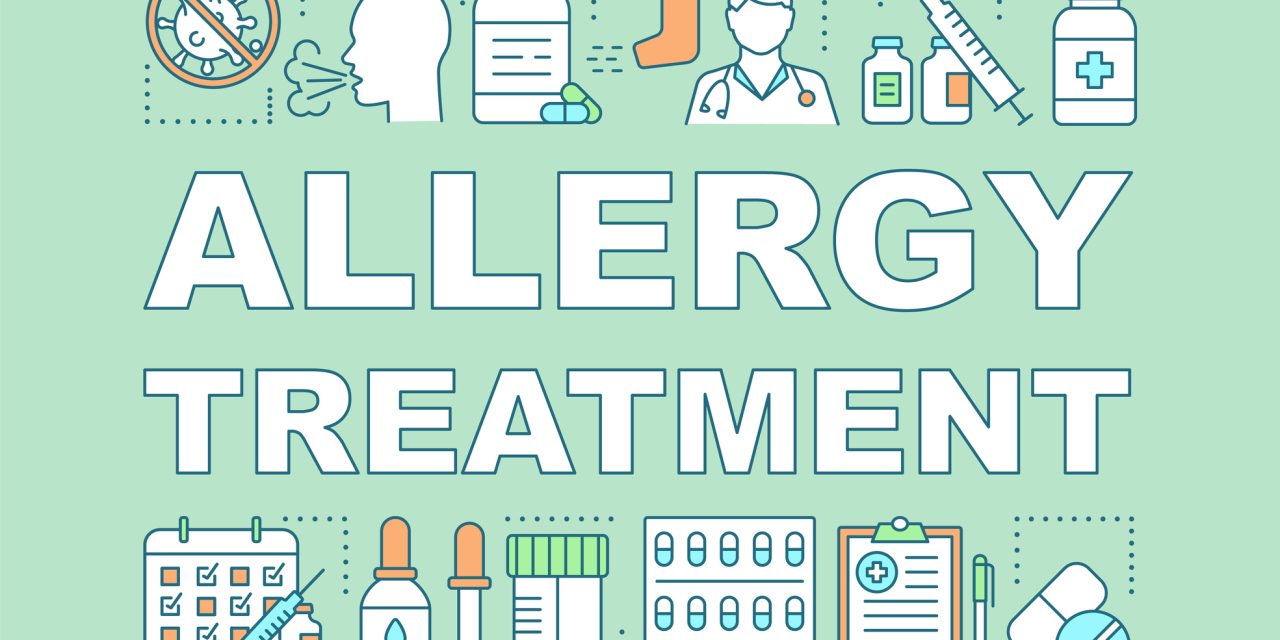Most asthma patients can be easily controlled with a typical mix of inhaled controllers and relief medications, but there is still a significant unmet demand at the severe end of the illness spectrum. The discovery of safer and more effective medicines for asthmatic patients with severe refractory illness remains a primary objective for these individuals. Drugs in development for severe asthma patients, as well as their unique mechanism-based pharmacological rationale, will be examined in this section, with an emphasis on biologics. A systematic review of the literature was conducted using Medline, and publications were chosen based on their relevance to the issue. The authors went over the existing effectiveness and safety data from clinical studies of some of the novel biologic treatments being developed for severe asthma.
Despite good preclinical findings for many of the more recently revealed asthma targets, particularly those related to the T-helper 2 allergic pathway, clinical studies with specific biologics have mainly been unsatisfactory. However, there is potential for them to play a specialized role in specifically targeted subpopulations of severe asthmatic patients.
It is obvious that additional efforts should be made to build new and more efficient primary goals. To attain this aim effectively, increased collaboration between industry, academics, and health professionals will be essential.


